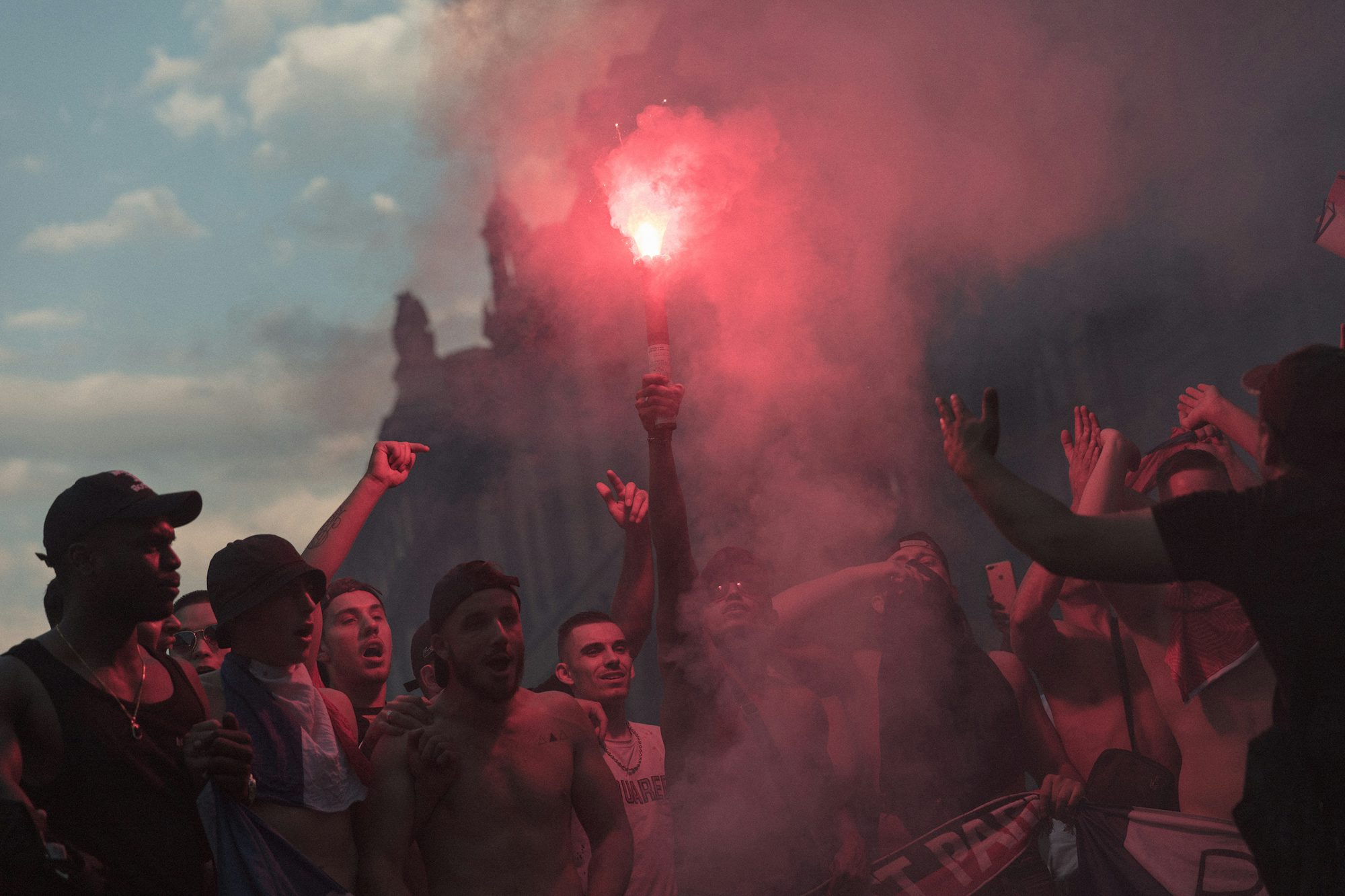
The Cultural Impact of Soccer: A Global Phenomenon
This article examines the profound cultural impact of soccer worldwide, asfinag vignette exploring fan engagement, traditions, rivalries, and the emotional connections that define the sport.Fan Engagement: The Heart of Soccer Culture
At the core of soccer's cultural significance lies the passionate fanbase that surrounds it. Fans are not just spectators; they are vital participants in the fabric of the sport. Their unwavering support fuels players and teams, creating an electrifying atmosphere during matches. Whether in local parks or grand stadiums, the sense of community among fans is palpable. From singing anthems to painting their faces in team colors, fans express their loyalty and pride in myriad ways.
In many countries, attending a soccer match is akin to a religious experience. For example, in Argentina, the fervor surrounding Boca Juniors and River Plate matches, known as the Superclásico, is a sight to behold. The stadium transforms into a vibrant sea of colors, as fans passionately support their teams, creating an unforgettable atmosphere. The emotional highs and lows experienced during these matches further solidify the bond between fans and their teams, showcasing the sport's power to evoke strong emotions.
Traditions and Rituals: Celebrating the Game
Soccer is steeped in traditions and rituals that vary from country to country. These practices not only enhance the game-day experience but also reflect the cultural heritage of the fans. For instance, in Italy, the tradition of tifosi (die-hard fans) waving flags and scarves during matches exemplifies the deep connection between supporters and their teams. Fans often gather before matches to chant and sing, creating a sense of unity and anticipation.
Another notable tradition is the pre-match rituals that many teams engage in. These can range from team huddles and motivational speeches to specific warm-up routines. Such rituals foster camaraderie among players and prepare them mentally for the challenges ahead. Additionally, many clubs have unique mascot traditions, further enriching the cultural experience surrounding the sport.
Iconic Rivalries: The Essence of Competition
Rivalries are an intrinsic part of soccer culture, adding excitement and intensity to the sport. These matchups often transcend sports, embodying regional pride, historical context, and social dynamics. One of the most famous rivalries is El Clásico, the fierce competition between FC Barcelona and Real Madrid. This clash is not merely about soccer; it represents a longstanding cultural and political rivalry that captures the attention of millions worldwide.
Similarly, the Merseyside Derby between Liverpool and Everton showcases the competitive spirit that exists within a single city. The atmosphere during these matches is electric, with fans fully engaged in supporting their teams. Such rivalries not only elevate the significance of individual matches but also strengthen community ties among supporters, making soccer a communal affair.
The Emotional Connection: More Than Just a Game
Soccer has an unparalleled ability to evoke strong emotions among fans and players alike. The joy of victory, the heartbreak of defeat, and the thrill of unexpected moments create a tapestry of experiences that resonate deeply. For many, supporting a soccer team is a lifelong commitment, often passed down through generations. The connection to a team can be as profound as familial bonds, fostering a sense of identity and belonging.
In many cultures, soccer serves as a means of escapism, providing solace during challenging times. Fans often come together to support their teams, using the sport as a way to cope with life's uncertainties. The emotional rollercoaster of a soccer season—marked by triumphs, defeats, and dramatic narratives—creates a shared experience that unites individuals across borders.
Global Events: The World Cup and Beyond
Major soccer tournaments, particularly the FIFA World Cup, epitomize the sport's cultural impact on a global scale. The World Cup, held every four years, is a celebration of soccer that captures the imagination of billions. It is a time when national pride takes center stage, as countries compete for the ultimate glory. The tournament fosters a sense of unity among fans, transcending language and cultural barriers.
The World Cup is more than just a series of matches; it is a global festival that showcases the diversity of cultures through the lens of soccer. Fans from different nations come together to celebrate their teams, share experiences, and engage in friendly banter. This cultural exchange fosters understanding and appreciation for different ways of life, underscoring the unifying power of soccer.
Conclusion
Soccer is undeniably more than just a sport; it is a cultural phenomenon that shapes identities and brings people together. From the fervent engagement of fans to the rich traditions and rivalries that characterize the game, soccer plays a vital role in many communities around the world. As the sport continues to evolve, its ability to evoke emotions and foster connections remains steadfast. The beautiful game will continue to be a source of joy, unity, and cultural significance for generations to come.